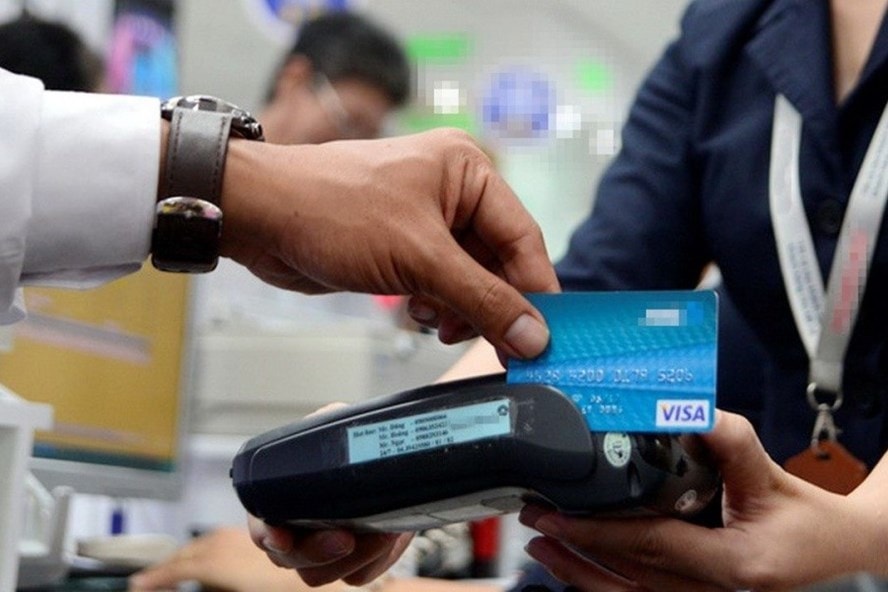Fee exemption and refund when paying electricity and water bills via e-wallet or ATM
The State Bank requires banks and payment intermediary service providers to research and apply preferential policies and incentive measures such as exemption or reduction of payment fees, and refunds when cardholders pay for electricity, water, tuition, hospital fees, etc. via electronic payment channels.
The State Bank has just issued a document on promoting electronic payments in the public service sector to implement the Government's resolutions and directives.
Accordingly, the State Bank of Vietnam recommends that banks, foreign bank branches and payment intermediary service providers continue to focus on research and actively deploy the application of advanced technology solutions to improve business processes, optimize processing procedures to provide a variety of quality payment products and services, suitable to the needs of organizations and individuals at reasonable costs for convenient, fast and safe payment of fees, charges, electricity and water bills, tuition fees, hospital fees, etc.
 |
The State Bank of Vietnam is making efforts to promote payment for public services through banks instead of using cash. |
Banks need to research and find solutions for suitable and effective connection models between banks and payment intermediary service providers with the National Public Service Portal, the Electronic One-Stop System of Ministries, branches, localities, relevant agencies and units to simplify procedures and facilitate electronic payments for fees, charges, electricity and water bills, tuition fees, hospital fees, etc. in a quick, smooth and safe manner through reducing connection points, ensuring service provision for customers who are organizations and individuals opening payment accounts at different banks.
In addition, banks need to provide full and timely guidance and dissemination to customers about procedures, implementation steps and safety measures when making electronic payment transactions in general as well as online payments for fees, charges, electricity and water bills, tuition fees, hospital fees, etc.; establish a support department to promptly receive and handle any problems, inquiries and complaints (if any) arising during the implementation process.
Coordinate with relevant agencies and units to research and apply preferential policies and reasonable incentive measures (exemption or reduction of payment service fees, refunds, lottery, reward points, etc.) to encourage and create habits for organizations and individuals to use electronic payment services to pay fees, charges, electricity and water bills, tuition fees, hospital fees, etc.
The State Bank requires banks to direct their branches and affiliated units to regularly check the conditions of technical infrastructure and software programs serving electronic payments, ensuring that payment orders for fees, charges, electricity and water bills, tuition fees, hospital fees, etc. of customers are executed accurately, promptly, smoothly and safely in accordance with regulations. In case of errors or inquiries or complaints, it is necessary to check, determine the cause and coordinate closely with relevant units to respond and clearly explain the reasons to customers.

